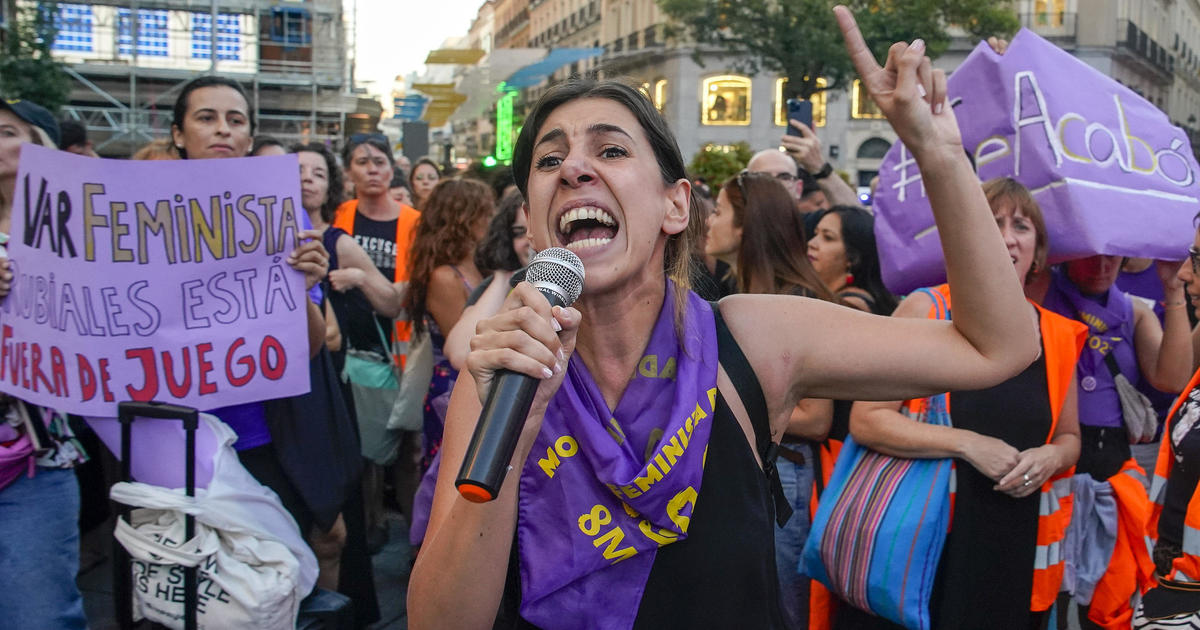Spanish officials have planned a crisis meeting for September 4 to address a spike in gender-based violence against women, including 40 murders since the beginning of the year — almost half of them during the recent summer months.
The country’s equality ministry said it would convene a crisis committee meeting to analyze the latest cases of domestic violence. It will be the fifth meeting of its kind in just over a year, as the country looks to address rising concern over violence against women.
A 58-year-old woman was murdered in the eastern province of Valencia on Wednesday, bringing the number of women murdered in acts of gender based violence to 40 this year, and 1,224 since 2003, a social media post from the government’s delegation against gender violence said on Friday.
Spain has tried to be proactive in addressing gender-based violence in recent years, including broadening the definition of femicide in 2021 to include the killing of women and children by men regardless of whether there was a prior relationship between victim and killer. The country passed Europe’s first law specifically aimed at gender-based violence in 2004.
Getty Images
But as outrage continues over the behavior of Luis Rubiales, the currently-suspended president of the Spanish soccer federation who made global headlines for forcibly kissing national player Jennifer Hermoso after her team’s victory in the World Cup in August, the latest killing put more pressure on the government to show it is taking action to protect Spanish women.
Tens of thousands of women have taken part in street marches protesting against sexual abuse and violence in Spain in recent years, and the issue took centerstage in the country’s general election in July.
Prominent figures in Spain’s far-right Vox party — who carried 12% of the overall vote in the July election — have denied the existence of gender-based violence and been critical of government initiatives to address the issue.
“Gender violence does not exist, macho violence does not exist,” the head of Vox in Valencia, Jose Maria Llanos, said in July.
Andrea Comas/AP
No one party won a significant enough majority in the election to form a government, and with political gridlock stymying efforts by the different parties to form a new unity government, an interim administration is currently running Spain.
Earlier this week, acting Equality Minister Irene Montero told the Reuters news agency that Spanish society must break a “pact of silence” and she called for the public to support women who come forward about systemic sexism.
“Spain is a feminist society in which sexism still exists, but it is determined to end sexism,” Montero said Wednesday. “We are sending the correct message to the world, that sexism is over.”



